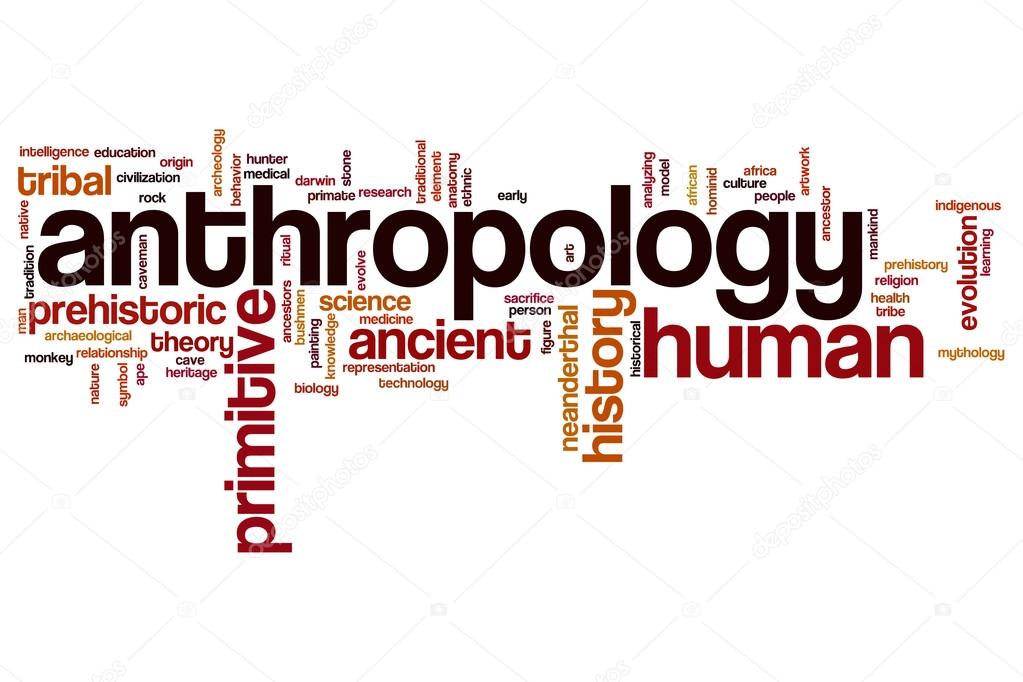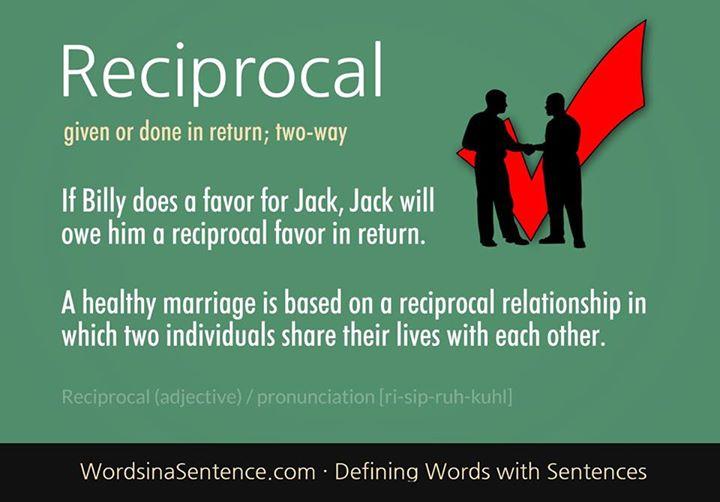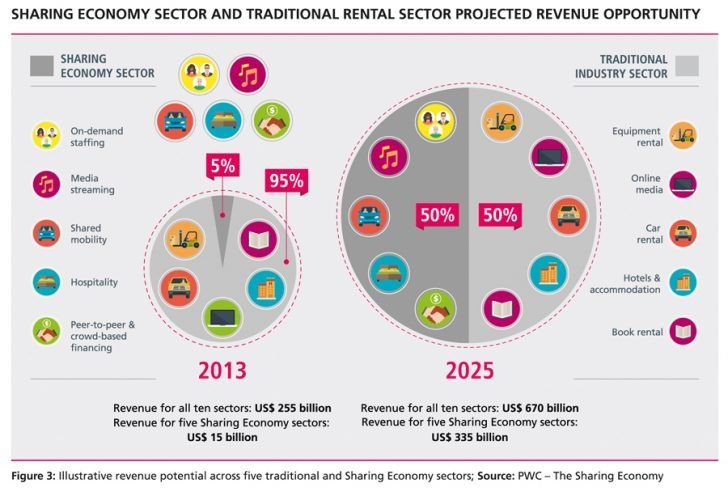List
Story > NEWS > Detail
[Resources] Sharing in Anthropology
The field in which the study of sharing has been conducted most is anthropology. In anthropology, sharing is a basic form of economic distribution based on human biological behavior, such as gender and age, which usually appear in hunter-gatherer societies, and is described as the act of forming and maintaining a community. Compared with the modern market economy, in the hunter-gatherer society, there was not much room for labor available for other purposes other than those directly essential for survival, such as hunting, harvesting, and cropping, and the division of labor was made to a low level, so the standard of meeting absolute productivity and material demand was low.

This low productivity has become very vulnerable to external uncertainties about food production, such as natural disasters and insect damage, making survival at the level of society as a whole an important issue. In the hunter-gatherer society, there was no organization dedicated solely to production, and the domestic group was not just a consumer but a production organization. However, the workforce was not employed outside the scope of the family or subordinate to external organizations and purposes. Therefore, economic goals, such as production, utilization of labor, and consumption, are achieved within the family in consideration of domestic satisfaction. Production is organized for the benefit of the producer because it coincides with the daily needs of the family. Because the inner relationship of households, such as husband and wife and parents and children, was the primary production relationship, production organizations have a multi-purpose tendency. Here, customary code of conduct based on kinship status, domination and subordination of family life, and reciprocity and cooperation translate "economic" into a form of affinity. Such a multi-purpose production organization, the absence of objective exchange media such as money, and the co-ownership of the production elements make it difficult for an individual to calculate the productivity accurately, and thus the wage system cannot be created. Furthermore, compensation for labor services is calculated in light of social situations. Thus, social relations such as family and kinship become the main conduit for the allocation and redistribution of economic resources.

Anthropology describes distribution or redistribution in these hunter-gatherer societies as sharing. These shares are typically food sharing. There are four points of view to explaining food sharing: Kin selection-based nepotism, reciprocal altruism, costly signalling, accepted theft or requisition. First, in nepotism based on kin selection, biological kin are more likely to have the same genes depending on their pedigree, so naturally they are more likely to benefit their kin. Second, from the perspective of reciprocal altruism, we consider giving our relatives extra food that will not be available naturally and thus taking out some kind of insurance against future risks. In hunter-gatherer societies, the need for intertemporal consumption smoothing is very high due to irregular food production and lack of storage technology. When hunting, the success rate is low because it focuses on the large, nutritious object possible. There is also a risk of rotting before food is consumed in full due to insufficient storage technology. Therefore, efficient operation of food consumption in terms of time is almost impossible. This results in very high levels of risk for hunger and other diseases throughout the village. Therefore, reciprocal sharing is made to reduce risk and to best communicate the benefits of food while consuming food evenly. Alternatively, it may be described as a form of trade-based reciprocal altruism as compensation for labor. Hunting requires the cooperation of individuals, and depending on the culture, the owner of the game will be recognized as a specific individual, such as the first attacker, the first finder. Sharing at this time becomes a means for the owner to ensure future cooperation by compensating for some of its resources
Third, sharing is also viewed as an expensive signalling act. In other words, through sharing, one's ability is to let people know one It explains that through sharing, more people can get the attention of their peers or reason, and leave more offspring behind. Finally, from a view of food sharing as acceptable theft or requisition, it is explained that the hungry have an incentive to fight for food, but the non-wholesome has greater benefits of not fighting even if he loses some of his food, so he acquiesces to the theft of the hungry. They explain that they know that people will be taken away, but that is because they will be able to generate large-scale resources.

One of these shares is demand sharing. Necessity is the system that emerges in Aboriginal communities, and is generally represented in situations where the presence of Ingwomen is very visible. Without feeling the need to get something on one's own feet or to appreciate it, the recipient considers himself worthy of it and asks the other for it. These demands do not embarrass the other party. It can also form social closeness or solidarity when its needs are met. The description of sharing in anthropology can be summed up by the definition of Price. Price defined sharing as the allocation process of economic goods and services in the role of a small personal group, an intimate social group. According to Price, shares appear through intimate relationships and interdependence formed by large-scale interventions over a long period of time. In this context, sharing appears to follow obligations under each social role. This is a decentralized, direct and disproportionate exchange of parents-child, peer-to-peer relationships, etc.
The field in which the study of sharing has been conducted most is anthropology. In anthropology, sharing is a basic form of economic distribution based on human biological behavior, such as gender and age, which usually appear in hunter-gatherer societies, and is described as the act of forming and maintaining a community. Compared with the modern market economy, in the hunter-gatherer society, there was not much room for labor available for other purposes other than those directly essential for survival, such as hunting, harvesting, and cropping, and the division of labor was made to a low level, so the standard of meeting absolute productivity and material demand was low.

This low productivity has become very vulnerable to external uncertainties about food production, such as natural disasters and insect damage, making survival at the level of society as a whole an important issue. In the hunter-gatherer society, there was no organization dedicated solely to production, and the domestic group was not just a consumer but a production organization. However, the workforce was not employed outside the scope of the family or subordinate to external organizations and purposes. Therefore, economic goals, such as production, utilization of labor, and consumption, are achieved within the family in consideration of domestic satisfaction. Production is organized for the benefit of the producer because it coincides with the daily needs of the family. Because the inner relationship of households, such as husband and wife and parents and children, was the primary production relationship, production organizations have a multi-purpose tendency. Here, customary code of conduct based on kinship status, domination and subordination of family life, and reciprocity and cooperation translate "economic" into a form of affinity. Such a multi-purpose production organization, the absence of objective exchange media such as money, and the co-ownership of the production elements make it difficult for an individual to calculate the productivity accurately, and thus the wage system cannot be created. Furthermore, compensation for labor services is calculated in light of social situations. Thus, social relations such as family and kinship become the main conduit for the allocation and redistribution of economic resources.

Anthropology describes distribution or redistribution in these hunter-gatherer societies as sharing. These shares are typically food sharing. There are four points of view to explaining food sharing: Kin selection-based nepotism, reciprocal altruism, costly signalling, accepted theft or requisition. First, in nepotism based on kin selection, biological kin are more likely to have the same genes depending on their pedigree, so naturally they are more likely to benefit their kin. Second, from the perspective of reciprocal altruism, we consider giving our relatives extra food that will not be available naturally and thus taking out some kind of insurance against future risks. In hunter-gatherer societies, the need for intertemporal consumption smoothing is very high due to irregular food production and lack of storage technology. When hunting, the success rate is low because it focuses on the large, nutritious object possible. There is also a risk of rotting before food is consumed in full due to insufficient storage technology. Therefore, efficient operation of food consumption in terms of time is almost impossible. This results in very high levels of risk for hunger and other diseases throughout the village. Therefore, reciprocal sharing is made to reduce risk and to best communicate the benefits of food while consuming food evenly. Alternatively, it may be described as a form of trade-based reciprocal altruism as compensation for labor. Hunting requires the cooperation of individuals, and depending on the culture, the owner of the game will be recognized as a specific individual, such as the first attacker, the first finder. Sharing at this time becomes a means for the owner to ensure future cooperation by compensating for some of its resources
Third, sharing is also viewed as an expensive signalling act. In other words, through sharing, one's ability is to let people know one It explains that through sharing, more people can get the attention of their peers or reason, and leave more offspring behind. Finally, from a view of food sharing as acceptable theft or requisition, it is explained that the hungry have an incentive to fight for food, but the non-wholesome has greater benefits of not fighting even if he loses some of his food, so he acquiesces to the theft of the hungry. They explain that they know that people will be taken away, but that is because they will be able to generate large-scale resources.

One of these shares is demand sharing. Necessity is the system that emerges in Aboriginal communities, and is generally represented in situations where the presence of Ingwomen is very visible. Without feeling the need to get something on one's own feet or to appreciate it, the recipient considers himself worthy of it and asks the other for it. These demands do not embarrass the other party. It can also form social closeness or solidarity when its needs are met. The description of sharing in anthropology can be summed up by the definition of Price. Price defined sharing as the allocation process of economic goods and services in the role of a small personal group, an intimate social group. According to Price, shares appear through intimate relationships and interdependence formed by large-scale interventions over a long period of time. In this context, sharing appears to follow obligations under each social role. This is a decentralized, direct and disproportionate exchange of parents-child, peer-to-peer relationships, etc.



